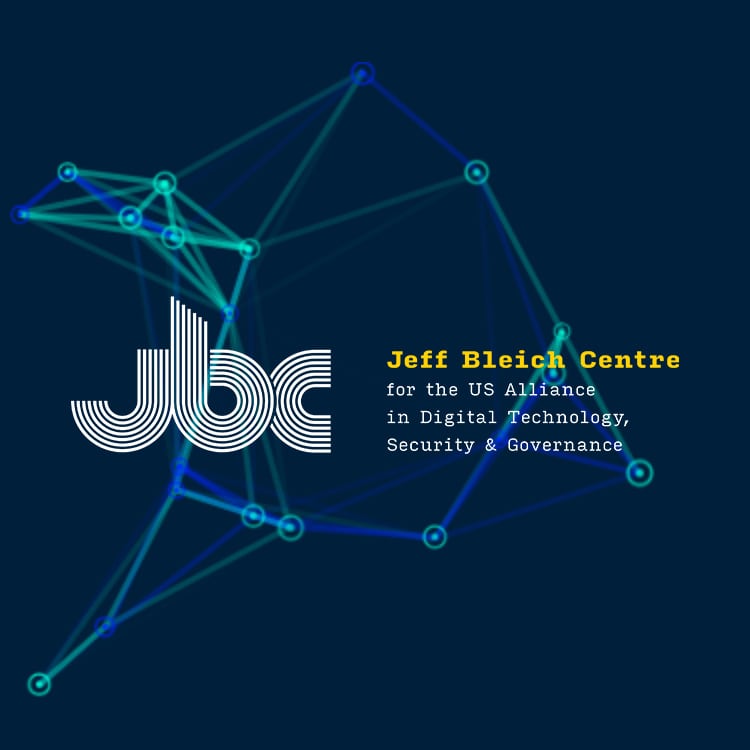
Publication: International Affairs, Vol 95, Issue 4, July 2019, pages 859-876
Authors: Maryanne Kelton, Michael Sullivan, Emily Bienvenue, Zac Rogers
This article is part of a special issue of International Affairs on ‘Revisioning war and the state in the twenty-first century’, guest-edited by Tracey German.
—
Greater uncertainty characterizes Australia’s strategic environment. Power transitions in the Indo-Pacific test US primacy at a time when Australia as a major US alliance partner is encountering new asymmetric, society-centric threats from state and non-state actors in what is called the ‘cognitive battlespace’. This is a different kind of warfare, utilizing information as military force. Threats take the form of direct manipulation of interconnected, information-rich environments. Securing the national interest from society-centric threats involving the ‘weaponization of information’, especially of social media and the global corporate platforms upon which they operate, poses considerable strategic, conceptual and technological challenges for Australia’s civilian and military cyber-defence agencies. We begin by briefly reviewing the evolution of the strategic culture underpinning Australia’s understanding and use of military force, arguing that it is shaped largely by historical insecurity borne from a deeply embedded social sense of isolation and an unquestioned strategic imperative to rely on alliances with ‘great and powerful friends’. We give a brief account of Australia’s ‘last wars’ which saw it deploy to Afghanistan, Iraq and Syria and note the evolving cyber-enabled changes to the battlefield. We then argue that the new cyber-threats target the domestic fabric of liberal democracies and market economies, posing risks to all military and civilian institutions as well as weakening citizens’ belief in the values which underpin them. Finally, we examine Australia’s evolving integration with US networked cyber capabilities, and legislative and bureaucratic reforms to counter foreign political interference campaigns, asking whether they are sufficient.
Visit > The Jeff Bleich Centre for the US Alliance in Digital Technology, Security, and Governance (JBC)

